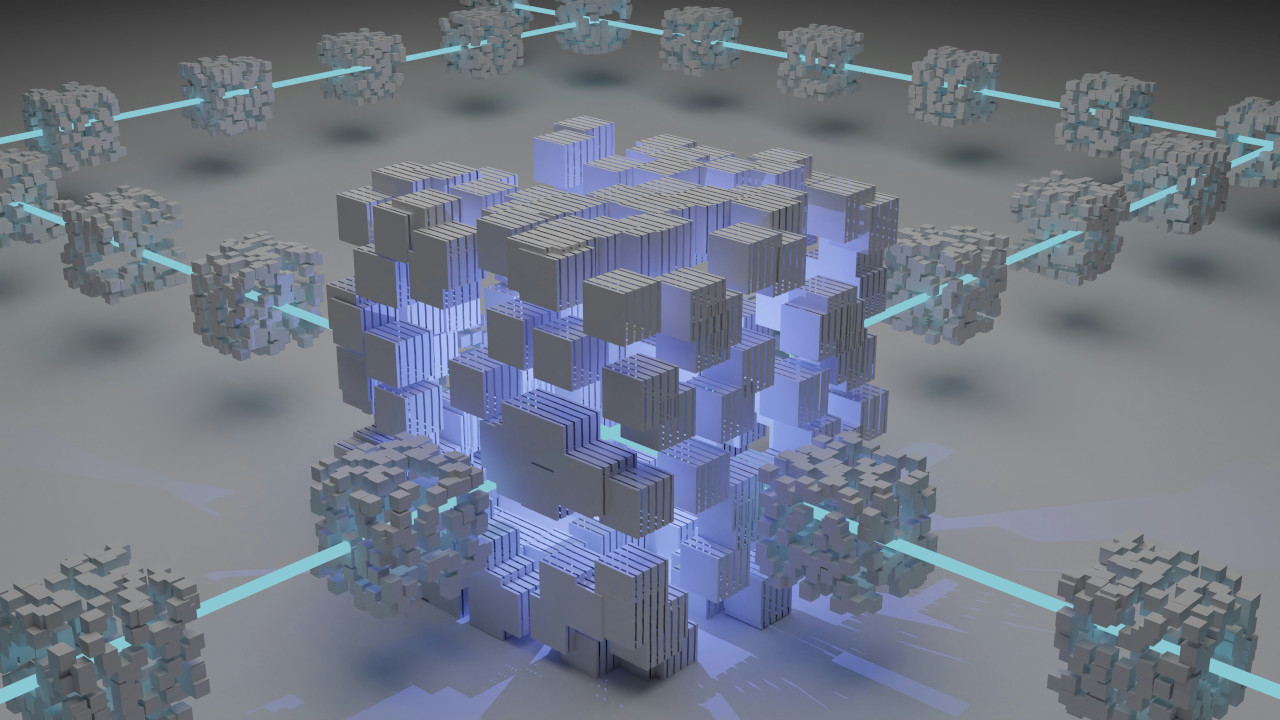Smart Contracts: Powering the Future of Cardano
Cardano, a blockchain platform known for its security and scalability, introduced smart contract functionality in 2021. This addition unlocks a new era of possibilities for the Cardano ecosystem, paving the way for innovative decentralized applications (dApps) and reshaping how users interact with the platform. But what exactly are smart contracts, and how do they work within the Cardano framework?
Understanding Smart Contracts: Code as Law
Imagine a vending machine. You insert money, select your desired product, and the machine dispenses it automatically. This simple analogy captures the essence of a smart contract: a self-executing program stored on a blockchain that dictates the terms of an agreement between two or more parties. The code defines the conditions that must be met for the agreement to be fulfilled, ensuring a transparent and tamper-proof execution process.
Cardano Smart Contracts: Built for Security and Reliability
Cardano's approach to smart contracts prioritizes security and reliability. Here's a breakdown of how they function within the Cardano ecosystem:
- Plutus: The Programming Language: Unlike some platforms that use general-purpose languages, Cardano employs Plutus, a purpose-built language specifically designed for smart contracts. Plutus prioritizes formal verification, allowing developers to mathematically prove the correctness of their code before deployment. This significantly reduces the risk of bugs and vulnerabilities that could exploit user funds.
- The UTXO Model: Cardano utilizes the Unspent Transaction Output (UTXO) model, where users own specific outputs of previous transactions. Smart contracts interact with these UTXOs, controlling how and when they can be spent based on the predefined conditions within the code. This approach fosters greater security and transparency compared to account-based models used by other blockchains.
The Impact of Smart Contracts on Cardano
The introduction of smart contracts opens doors for a multitude of dApps to be built on Cardano. Here are some exciting possibilities:
- Decentralized Finance (DeFi): Smart contracts can facilitate peer-to-peer lending, borrowing, and trading, creating a robust DeFi ecosystem within Cardano.
- Supply Chain Management: By tracking the movement of goods and ensuring adherence to predefined conditions, smart contracts can revolutionize supply chain management, offering greater transparency and efficiency.
- Management: Secure and verifiable identity management systems can be built on Cardano using smart contracts, empowering users with greater control over their personal data.
- The Road Ahead: A Maturing Ecosystem
While the introduction of smart contracts marks a significant step forward, the Cardano ecosystem for dApps is still under development. Here are some key points to consider:
- Tooling and Development: The developer experience for building dApps on Cardano is constantly evolving. As the ecosystem matures, we can expect a wider range of user-friendly tools and resources to emerge.
- Regulation: As with all aspects of blockchain technology, regulatory considerations remain a factor. How regulations evolve will undoubtedly impact the development and adoption of dApps on Cardano.
- Conclusion: Smart Contracts - A Catalyst for Cardano's Growth
The introduction of smart contracts marks a pivotal moment for Cardano, propelling the platform towards becoming a hub for innovative dApps. With its focus on security and reliability, Cardano offers a robust foundation for building the future of decentralized applications. As the ecosystem continues to mature and regulations become clearer, we can expect to see a surge in dApp development on Cardano, solidifying its position as a major player in the ever-evolving blockchain landscape.



